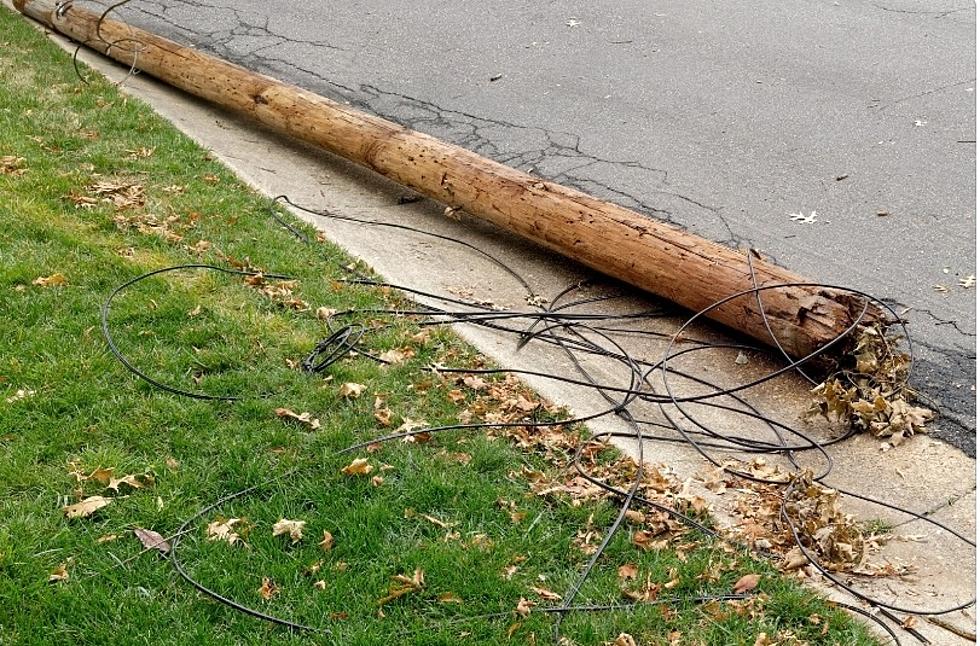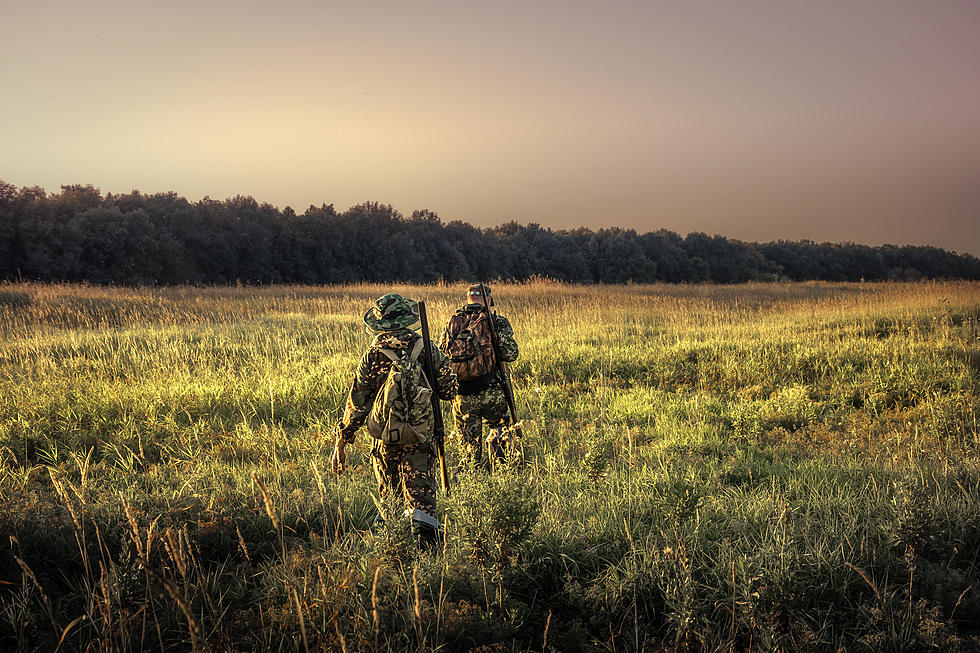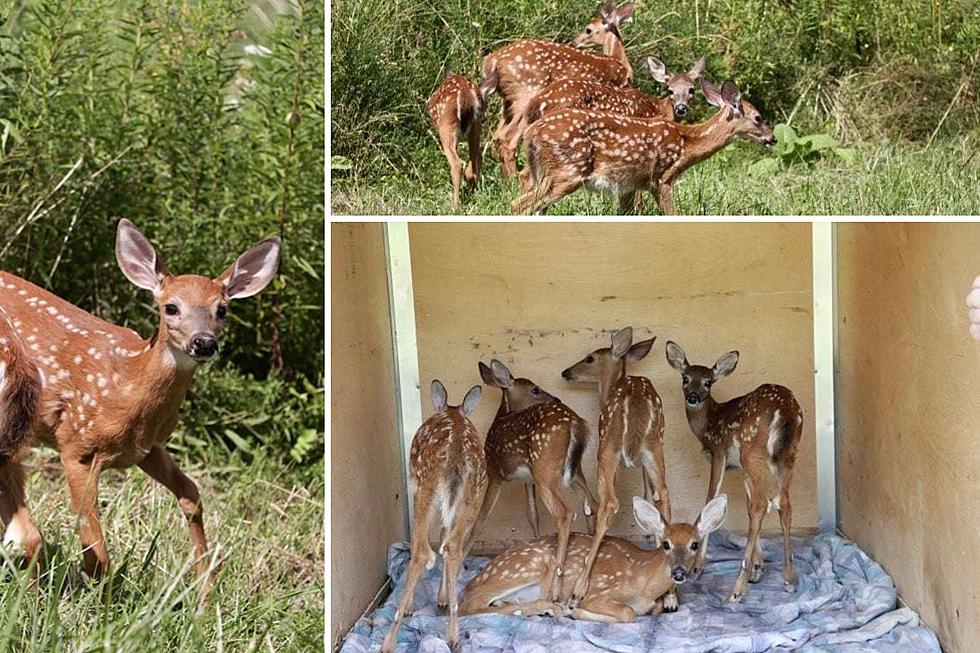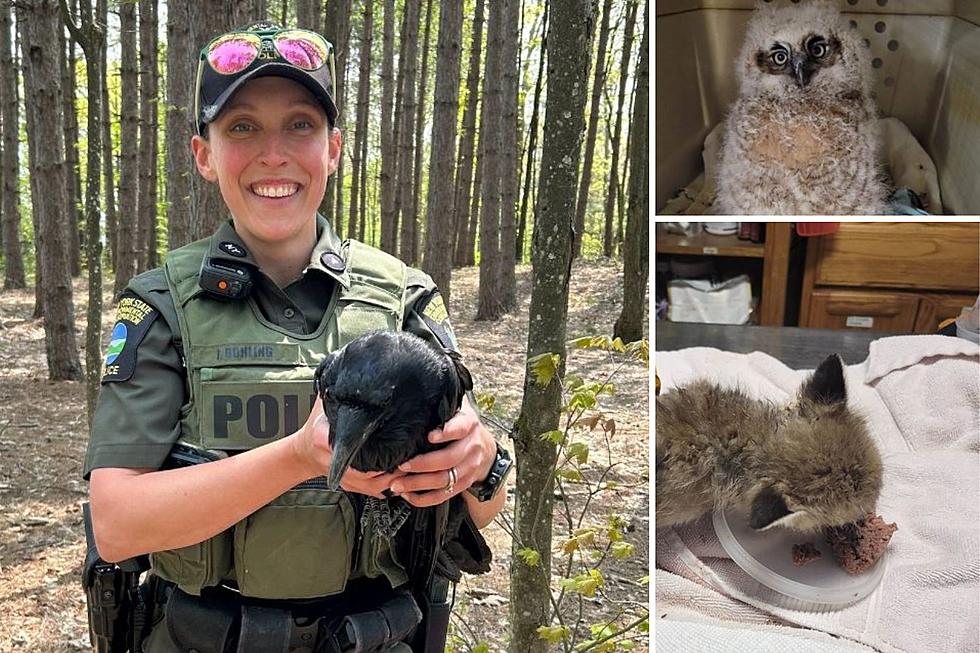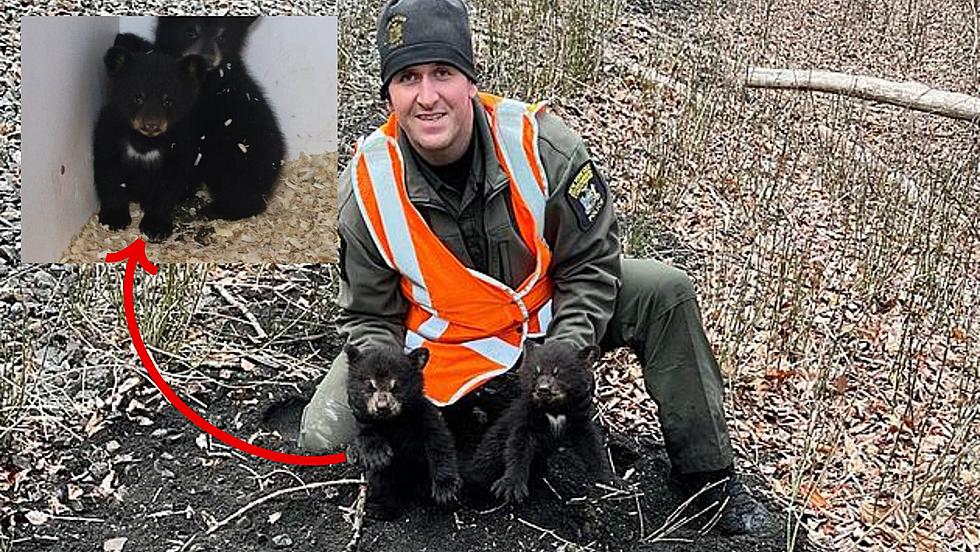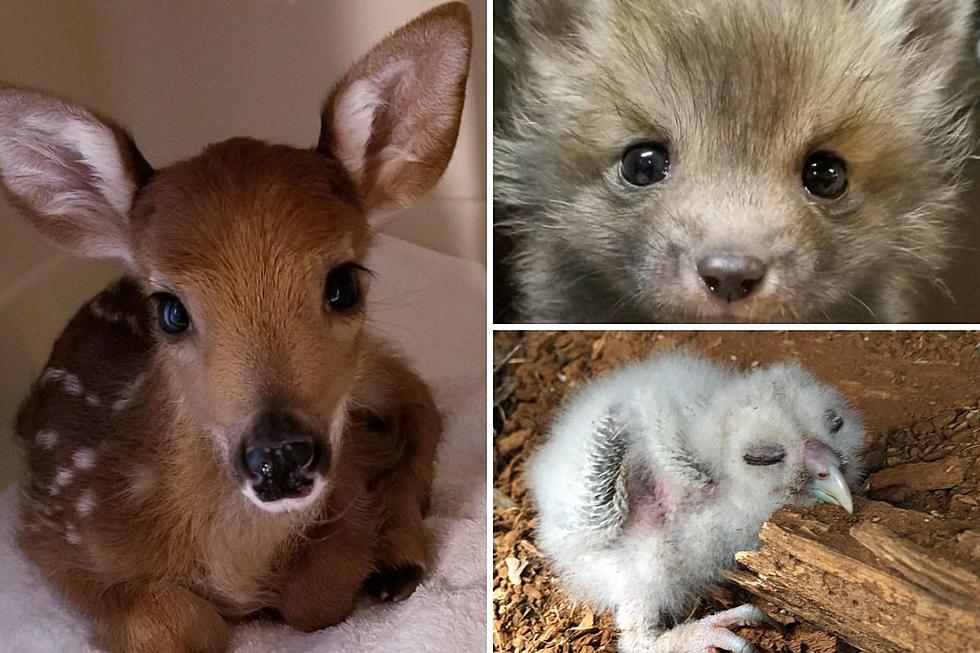
Info for When You Encounter Baby Wildlife in New York
We are lucky here in the Hudson Valley to have access to so much natural beauty. Everywhere you turn there is a trail you can hike or a place to visit where you can enjoy nature in our communities.
Many of us also live in areas that have nature and all its wonders right at the edge of our yards. Whether you live next to the woods, a pasture, or even in a populated neighborhood there is a good chance that over the next few weeks, you may come across a baby animal. Keep reading for what to do if that happens to you.
How to Help Baby Wildlife Found in New York
This is a very busy time of year for wildlife in the Hudson Valley. All our songbirds are back out in the trees and bushes. We have bears stirring from their winter naps. The ducks and geese have returned to our local ponds and pretty soon we will be discovering baby animals in places we might not expect.
The first and most important thing to know is that if you come across a baby animal in your travels don't assume it needs your help. The New York State Department of Environmental Conservations (NYS DEC) puts out information every year that is really informative for what to do but basically cautions you from approaching what you think is a wildlife baby animal in need of help.
SEE Also: Baby Owl Saved After Falling from the Nest
If you do encounter an animal who appears to be in distress it is important you contact the NYS DEC or an animal rehab agency such as the Friends of the Feathered and Furry Wildlife Center (FFFWC). Both groups will be able to better assist the animal and access the situation. There is one thing you can do though to prevent baby wildlife from falling into harm's way. You should keep track of your pets this time of year.
Keep New York Pets Away from Baby Wildlife
Domestic animal encounters with wildlife babies like bunnies and foxes can not only be bad for the small wildlife but can also endanger your cat or dog. Be sure to monitor your animals outside this time of year. Make sure they aren't coming into contact with baby wildlife.
Keep Pets Away From Baby Wildlife in the Hudson Valley
One of the funniest but at the same time saddest things I have ever seen is a dog chewing on a painted turtle it discovered in its yard. Fortunately, it worked out for the turtle when my sister realized that her dog was chewing on something weird in the yard before the turtle had any real damage. Trust me it happens fast.

If you go out on trails with your dog it is important that they stay on a leash. It is too easy for them to discover nest and baby wildlife long before you realize what they are actually doing just out of sight off the trail.
Last week the FFFWC gave us an update on a fox kitten they are currently rehabbing who had been discovered by a dog. Originally brought in with some neurological damage it appears to be improving.
If you find a member of New York State Wildlife in distress or you have concerns you can call the New York State Department of Environmental Conservation (518) 402- 8044 or follow this link to find the office near you. You can also find a wildlife rehabber through the NYS DEC.
Hudson Valley Wildlife Gallery
These Animals Should Not Be Pets in these States
LOOK: Here are the pets banned in each state
More From Hudson Valley Post

